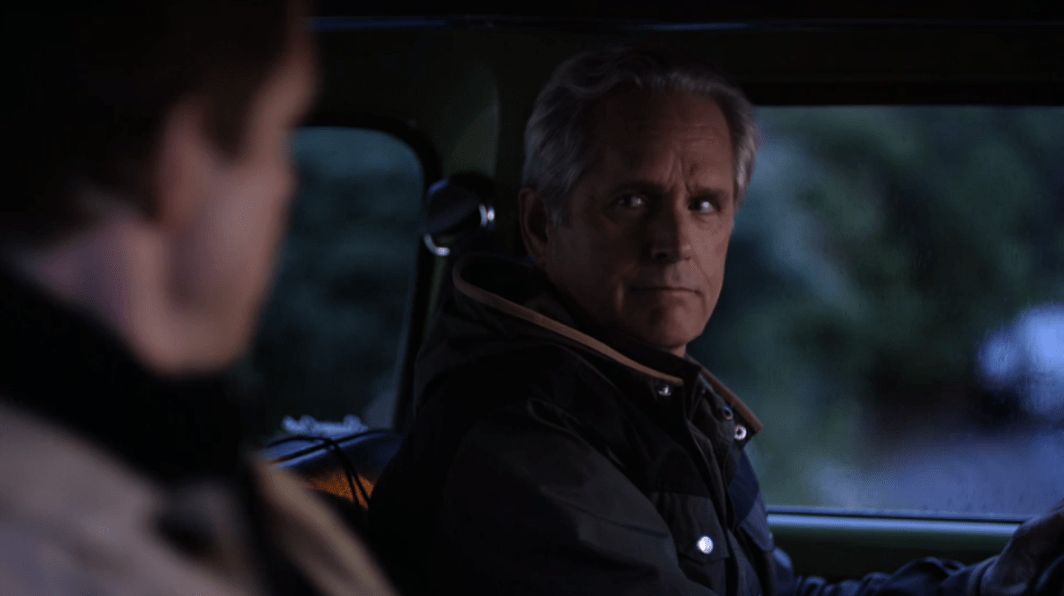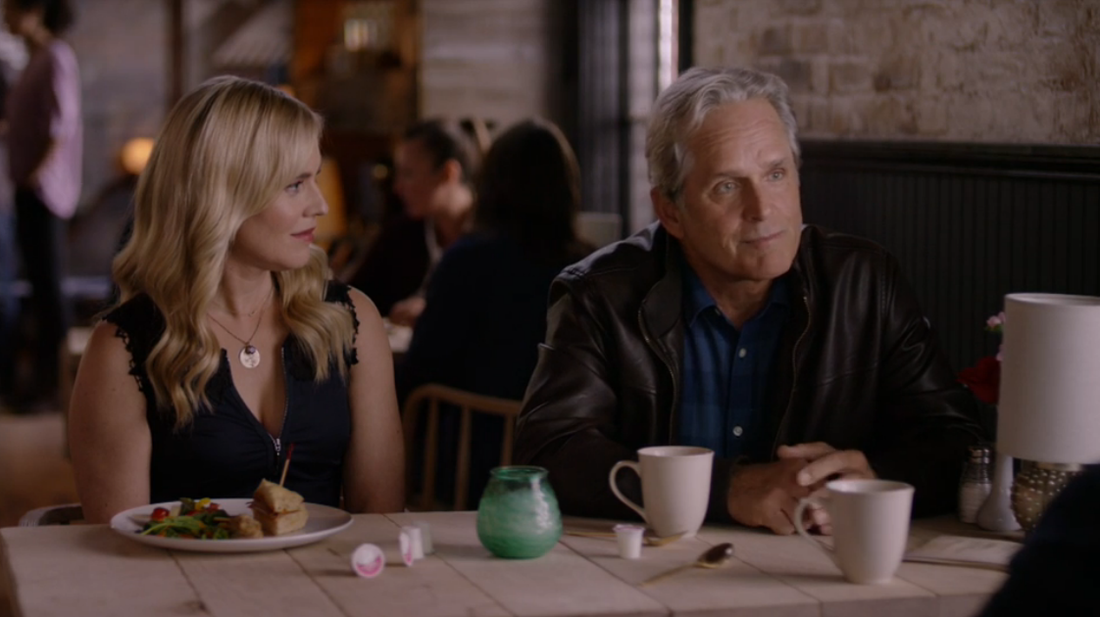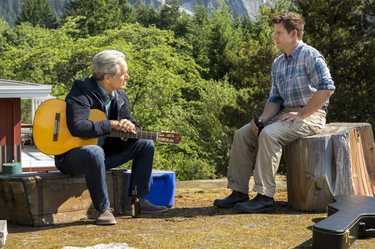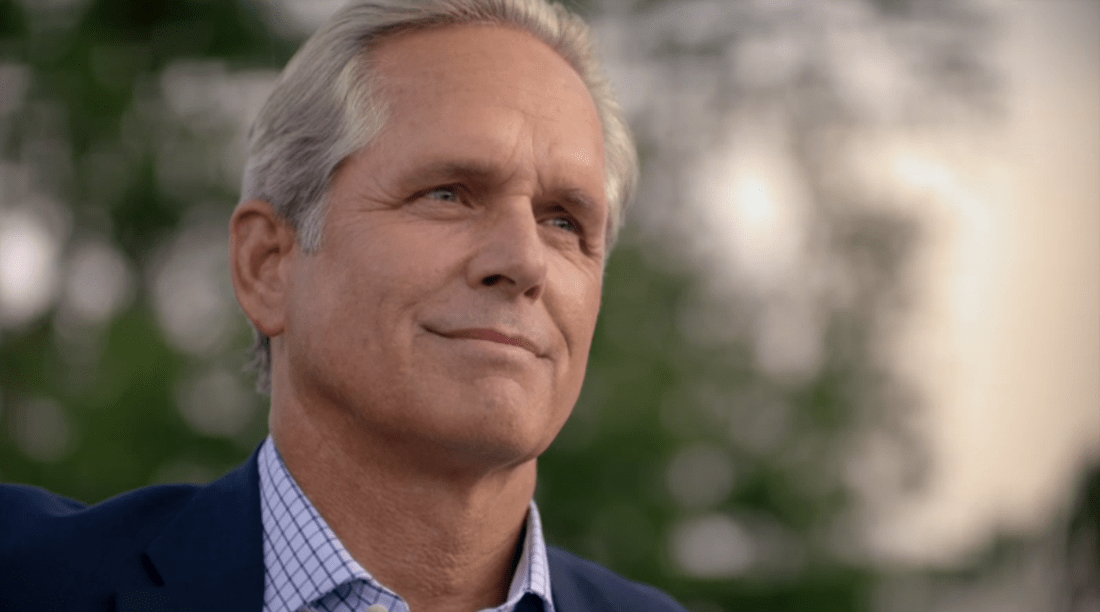| I think we were all a little shocked when Joseph O'Toole questioned Oliver's Divine Delivery Theory, rooted in the truth that "letters find [the POstables] just in time to be delivered." Joe's response signaled a skepticism, a wariness, that bordered on unbelief, only confirmed by the bet that followed, the success of which on Joe's end relied on the failure of God if taken to the natural end of Oliver's theory. Yet in retrospect, Joe's behavior in Lost Without You should perhaps not have been a surprise. |
The Path
For example, in Truth Be Told, Joe responds to Oliver's identity complex not in terms of faith, but as a function of earthly terms like lack of email and his notoriety as a mail recovery expert, taught to be "honest, fair, excellent and kind and deciding [he] wants to be those things." While validating the concept that Oliver's name doesn't define him, Joe stops short of reaffirming Oliver's identity in Christ. This is interesting because it's actually Shane, of all people, who recognizes Oliver's "faith in something far greater than being an O'Toole," and even tells him "where [he] needs to go to find that again," an act which eventually leads Oliver to seek out his dad in the first place.
| You might be tempted to point to One In A Million and Joe's pep talk about "power...love...and a sound mind" in the back of the truck as a contradiction. But watch that scene again and you see that Joe takes a similar ambiguous approach as in Truth Be Told. The scripture of encouragement Joe cites is routed through reflecting on Chester Stanley O'Toole's tendency to quote, "[Virgil], Shakespeare or the Bible," consulting Oliver, who knows the reference immediately. One wonders if Joe's struggle to remember it himself isn't a hint. An argument could also be made that Joe actually remembers the scripture, but wants Oliver to remember it, too, and speak it into being by having him recite it back. In this case, Joe seems to toe the line between pointing Oliver towards his faith and asserting that he can overcome his past hurt by "just try[ing] again," as his counsel could be interpreted with or without the lens of faith applied. |
Off Trail
It's evident in Joe recounting that evening he went to the mountains to watch the sunset after his wife died. She abandoned him seemingly three times: first through her infidelity, then by leaving he and Oliver, and ultimately through her death. After contemplating whether the sunrise was worth waiting for, Joe arrives at the profound, but perhaps short-sighted, conclusion that his sole reason for living should be predicated upon Oliver "being there." He placed his entire identity in being Oliver's father.
| When Oliver chose to sever ties it's clear Joe became completely and utterly lost. At some point he began hanging out with Curly, watching "the big game on Sundays," who eventually abandoned him as well when Joe won his Dark of Night Award and received a promotion. At some point Joe's job at FedEx took him to the east coast. His repeat attempts to keep in touch with Oliver over a fifteen-year period were rejected. Oliver not "being there" caused Joe to drift to thing after thing in which he could place his identity, none of which satisfied him. Even when Joe returns to Denver after making initial contact with Oliver, he "took up hiking again," still trying find fulfillment despite Oliver "being there" after decades of separation. |
Connecting The Dots,
~C
P.S. A little birdie told me it's Fotoula from Boston's birthday---the very happiest of birthdays to you!




 RSS Feed
RSS Feed
